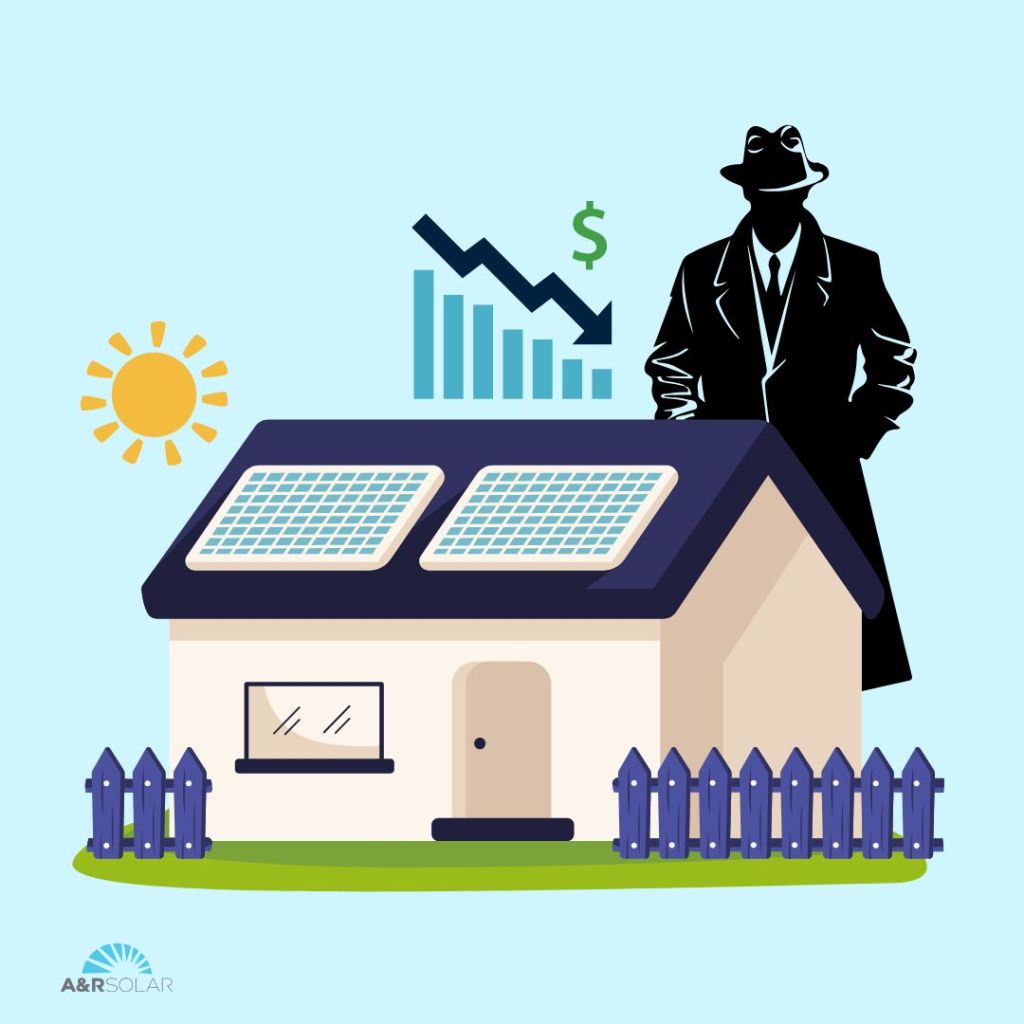“You can take a depreciation deduction on your home solar panels!”
If a solar salesperson tells you this, they’re either misinformed or misleading you. Depreciation deductions are only for businesses and rental properties—not for homeowners installing solar on their primary residence.
What's The Truth About Solar Depreciation?
When considering the cost of solar panels, you might hear that federal tax benefits exist for depreciating solar equipment. While this is true, it only applies to certain property types and does not apply to homeowners using solar for personal use.
Unfortunately, some unscrupulous sales reps mislead homeowners by claiming they can write off solar depreciation on their personal taxes—leading to confusion and potentially costly tax consequences.
Who Can Claim Solar Depreciation?
- Businesses – Commercial properties that install solar can claim depreciation under the Modified Accelerated Cost Recovery System (MACRS) and receive substantial tax savings.
- Rental Property Owners – Landlords may depreciate solar panels only for the portion of their property used for rental purposes. If only part of the home is rented, only that portion of the solar system qualifies for depreciation deductions.
Who Can't Claim Solar Depreciation?
- Homeowners installing solar on their primary residence – You cannot claim depreciation because your home is not an income-generating property.
- Vacation homes or second homes – Unless used as a rental, personal properties do not qualify.
What's The Plus Side For Homeowners?
While you can’t claim depreciation, homeowners do benefit from:
- Long-term energy savings – Lower utility bills for decades.
- Potential home value increase – Solar can boost property value.
- Net metering benefits – Earn Energy bill credits for the excess solar energy you send back to the grid.
- The 30% Residential Clean Energy Credit – Unlike depreciation, this tax credit is available to homeowners, helping offset installation costs.
Confused? If you’re unsure about your eligibility for solar tax benefits, it’s always best to consult a licensed tax professional to ensure you’re making the most of your investment while staying compliant with IRS rules.

The Real Cost Of Falling For This Solar Scam
Some solar salespeople use this false claim as a sales trick, promising ‘extra tax savings’ to pressure you into signing a contract. But when tax season comes around, you—not them—are on the hook for the mistake.
If you wrongly claim depreciation on your home solar system, you could face a hefty IRS bill, back taxes, penalties, and interest. Even worse, an IRS audit could leave you struggling to prove why you claimed a business tax break on a personal residence.
How do you avoid this? Stick with a solar company that understands the law, values transparency, and focuses on real savings—not just making a quick sale.—stick to legitimate solar incentives and work with a transparent, ethical solar provider.